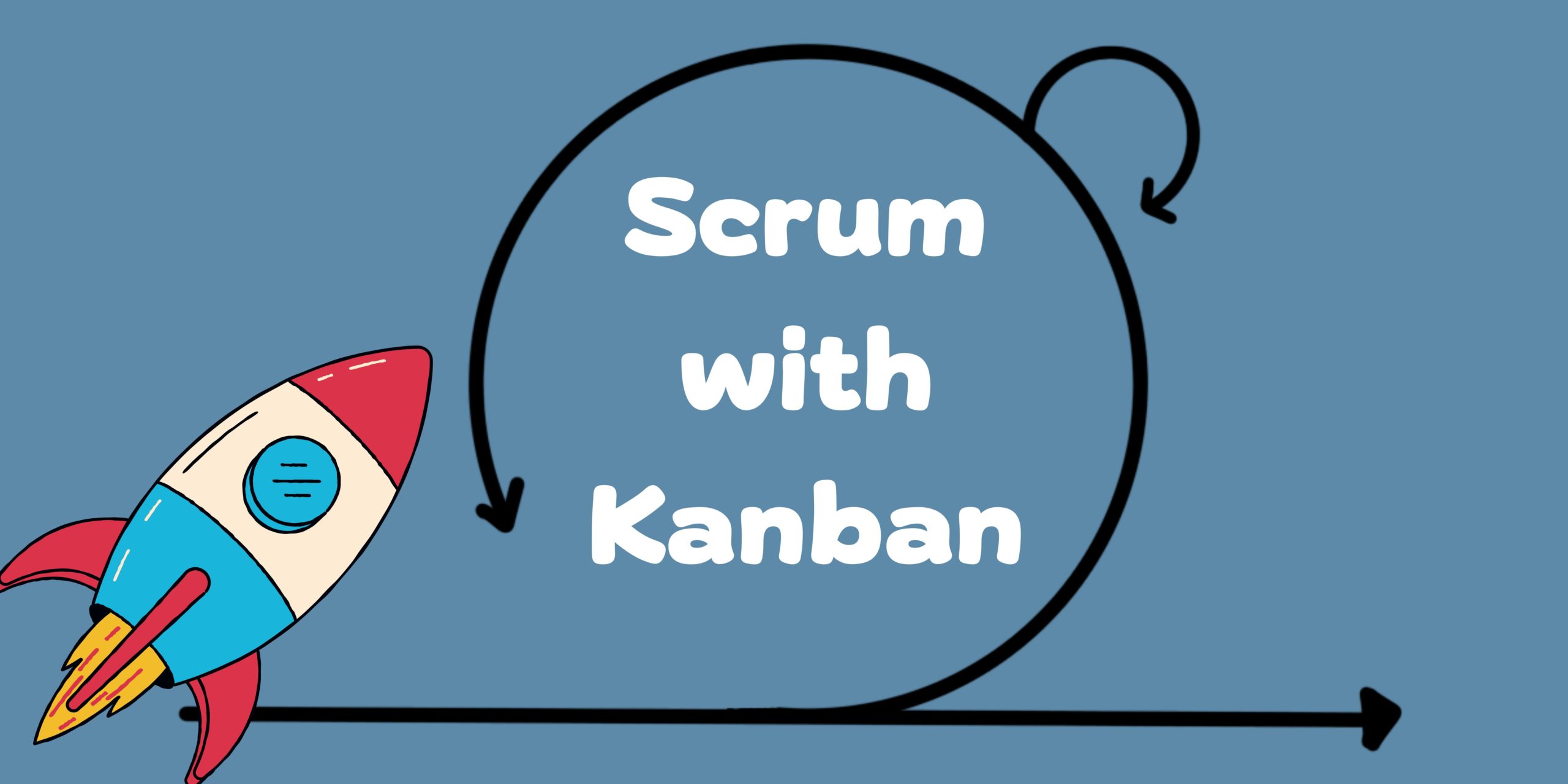This is a question that is often asked in organizations: “I feel like I could do Scrum without a Scrum Master or with a Scrum Master that I take on my teams, without training”.
Our answer is the same: “Yes, of course you can. But let me share with you my experience on the impacts of this choice.”
Scrum lives and dies by respecting the framework
In a Scrum startup, the main issue to ensure that the framework brings value is simple: ensure its sustainability and compliance. This issue is under the total responsibility of the Scrum Master. To achieve this, he must have a perfect understanding of everything that makes up Scrum: roles, events and artifacts. Without this global understanding, Scrum will be perceived as a set of practices, meetings, without coherence. The usual consequence will be its abandonment, claiming that it does not work. This is one of the worst plagues of Scrum: considering that it does not work in a domain when it simply has not been implemented in a relevant and rigorous way.
To avoid this trap, it is fundamental that the Scrum Master, who guarantees the framework, is perfectly trained to accompany the team in the implementation and use of Scrum!
Combining theory and practice
It’s one thing to read the Scrum Guide, to learn that there is a daily, a review at the end of each sprint. It’s a whole other thing to know HOW to facilitate these meetings, how to make sure they bring the maximum value, to the team, to the stakeholders. Scrum.org‘s Professional Scrum Master courses that we offer allow you to have a solid understanding of the theory but also to dive into the practice of everything that the Scrum Master will have to accomplish: helping a PO to build a clear and useful backlog, leading a team to achieve an efficient daily, conducting a review so that it brings the maximum value, etc. We find that many Scrum Masters who start out as self-taught quickly come to realize the limits of their lack of practical experience.
This is also the value of training for this complex role.
Embracing human complexity
There is another aspect that makes this role both exciting and complex: accompanying human beings!
From our experience, we meet many Scrum Masters who only focus on the process aspect, the rules. It is absolutely essential! However, a Scrum Master must, in our opinion, be able to grasp the human aspect inherent in any Scrum implementation. It’s one thing for a PO to be told that he or she is going to be responsible for the vision of his or her product, it’s another thing to develop the ability to say “no” to his or her manager when faced with a request that doesn’t provide value. It is one thing for a team to be told that from now on they will operate in a self-organized way, it is another thing to be fully comfortable with the fact that nobody is going to tell them now how they should proceed on a daily basis…
All these elements are not part of the Scrum framework itself but are inevitable consequences. Knowing how to manage them with mastery, empathy and efficiency will be an essential skill for any Scrum Master. And this can be learned!
For this reason, in Scrum.org trainings, an important part of the training will be dedicated to the skills needed to address this kind of situation.
After explaining this to them, we let our client decide, in conscience, if he wants to train his Scrum Masters or not…

